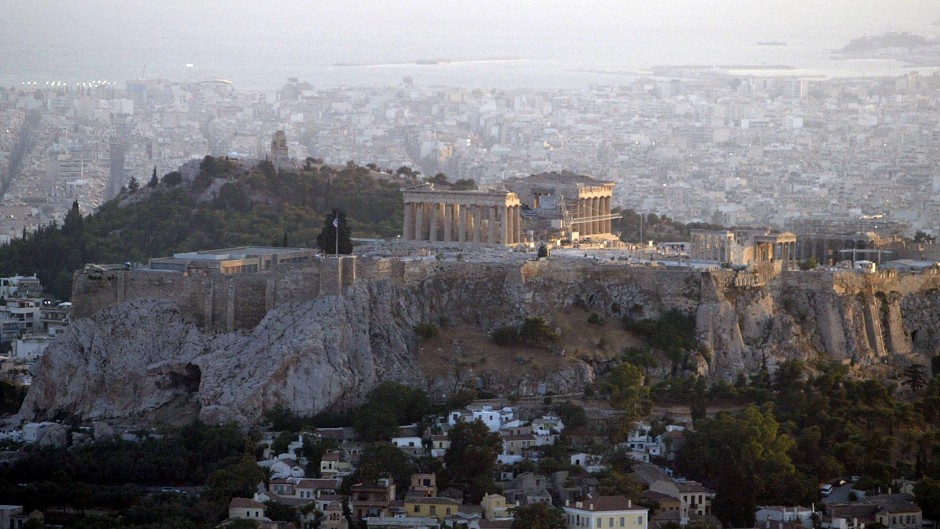The misanthropic austerity imposed to the Greek population threatens the lives of the poorest and the most vulnerable, the social cohesion and the health of the population.
During the implementation of these policies the Greek GNP declined by over 25%. For comparison one should consider that the GNP of the US during the Great Depression declined by 20% and the GNP of the UK declined by 11%.
The results of the austerity policy are of unprecedented detrimental consequences for the Greek population; crime and suicide rates increased, infant mortality showed steep rise and the spread of disease put the underfunded and deeply downgraded healthcare system into chaos.
One can say that the austerity policies amount to a war against the poor and a welfare state for the privileged elite.
It should not go unnoticed that during the austerity years (2008 – 2012) the poorest households lost nearly 86% of their income, while the richest lost only 17-20% and the tax burden on the poor increased by 337% but the burden on upper-income classes increased by only 9%.
The European negotiators insisted on the continuation of the same disastrous recipe.
Greece should have to accept a new disastrous programme and descent further to poverty for the foreseeable future, as Joseph Stiglitz put it ‘a depression almost without end’ for the foreseeable future, the next decade, or perhaps in the decade after that.
It is noteworthy that in pushing Greece into disaster the European political and economic establishment and the European Central Bank violated the spirit, if not the letter, of the treaties that bought the European nations together which all in all promised an elevated well-being to all European nations.
The results of yesterday’s referendum signalled that the Greek people had enough of this.
Yet, it should be highlighted that during the week before the referendum the European leadership and the political elite in Europe has decided that either the elected Greek government has to accept a failed and disastrous programme or this government has to be overthrown by force using banks and TV stations as their weapons.
The unfolding events in Greece show that the European leadership slides into an undemocratic path and is totally disinterested for the welfare of the European populations.
Thus, unfortunately, today’s information and reports regarding the reaction of the European political and economic leadership does not signal well.
It appears that the European leaders on the whole are prepared to ignore the referendum results, the IMF assessment of the unsustainability of the debt and the disastrous outcome of their earlier policies and pursue further the austerity policy agenda even at the risk of triggering an exit of Greece from the Eurozone.
It is now up to the Greek government to reveal the new negotiating strategy.
Today, after a long meeting the Greek prime minister obtained the backing of the opposition parties.
This, one would think, will strengthen his hand on the forthcoming negotiations during the next important days.
Professor Ioannis Theodossiou, chair in economics at Aberdeen University, writing from Thessaloniki, Greece.


